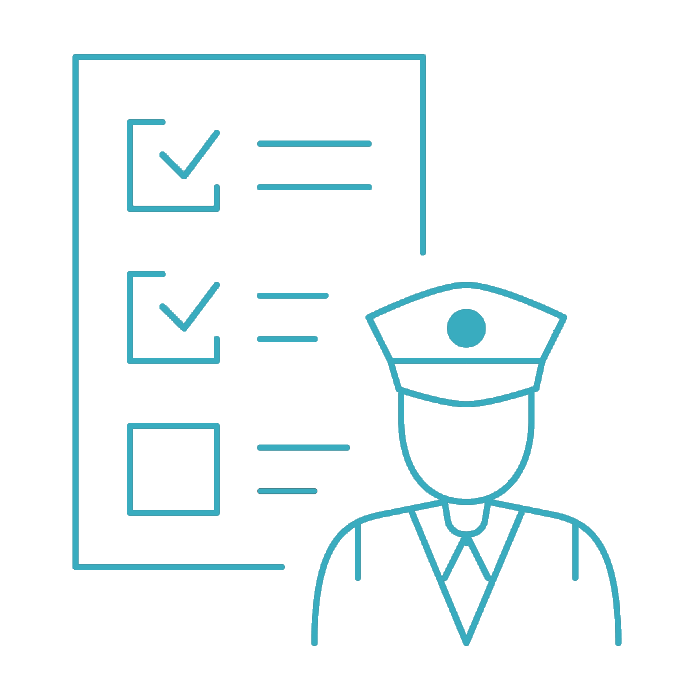Egyedi fejlesztés Bespoke software development - Vámprogram
Bespoke software development
Corporate practices, regulatory requirements (varying case by case) and corporate management systems used result in different business processes at each and every business entity – a state-of-the-art software must adjust to all of the new conditions.
Due to the professional competence and outstanding expertise of our employees with 15 years of experience and high qualifications in fulfilling specific development needs, we are ready to provide solutions even to the most challenging processes.
The most common cases of integration data transfer:
- partner
- article
- receipt
- export invoice
- production report
- BOM
- stock data for the collation of information on inventory
- stock movements
- cases of change of ownership
- information on customs status
In many cases, specific needs require the development of a new, independent application fitted to the already existing one, which can thus function according to the expectations of the client.
Creating specific processes and realising system integration are generally complex mechanisms; hence, these types of projects always require accurate planning and scheduling, and thorough and precise assessment, while in the course of realisation, exceptional expertise is of vital importance.
Project development process

1. Needs assessment
Development projects always start with a detailed needs assessment. The secret of a successful project lies in the precise assessment, understanding and recording of needs and expectations; our consultants, therefore, take all the steps necessary to learn about the client’s needs in detail.
2. Demand specification
As a result of the needs assessment, we draw up the so-called Demand Specification containing business needs and expectations, new processes and integration points. The Demand Specification is drawn up in consultation with the client, following which the Implementation Plan is created, based on the specification approved by the client.
3. Implementation document
The processes specified in the Demand Specification – screen designs, algorithms, data tables, precise, field-level description of interfaces – are clarified in detail in the Implementation Document.
4. Development
The approval of the Implementation Proposal is followed by the development phase. With regard to potential changes arisen in the course of development, we provide flexibility: insofar as the requested modification does not jeopardise the agreed deadline of the project (it does not mean additional costs), we make the relevant modifications in the Implementation Document, and the development will be implemented accordingly. In any other case, modifications or supplementations will be implemented at a later date agreed with the client, after the end of the project. The development phase includes internal testing (in accordance with a test script); moreover, the Test Report and the User Documentation are drawn up for the client in this phase as well.
5. Test run
Following the delivery of developments, the consultants of Régens provide full support with the tasks of the test run to help the client understand the new versions and processes: software parameterisation, setting authorisation levels, user education, user test support, integration tests.
6. Customer service, consultancy
In order to ensure the successful launch of the developments, we provide support in the form of personal presence after the successful test run, while for live operation our customer service and consultancy are available for our clients depending on the service pack chosen in accordance with the required service level.
